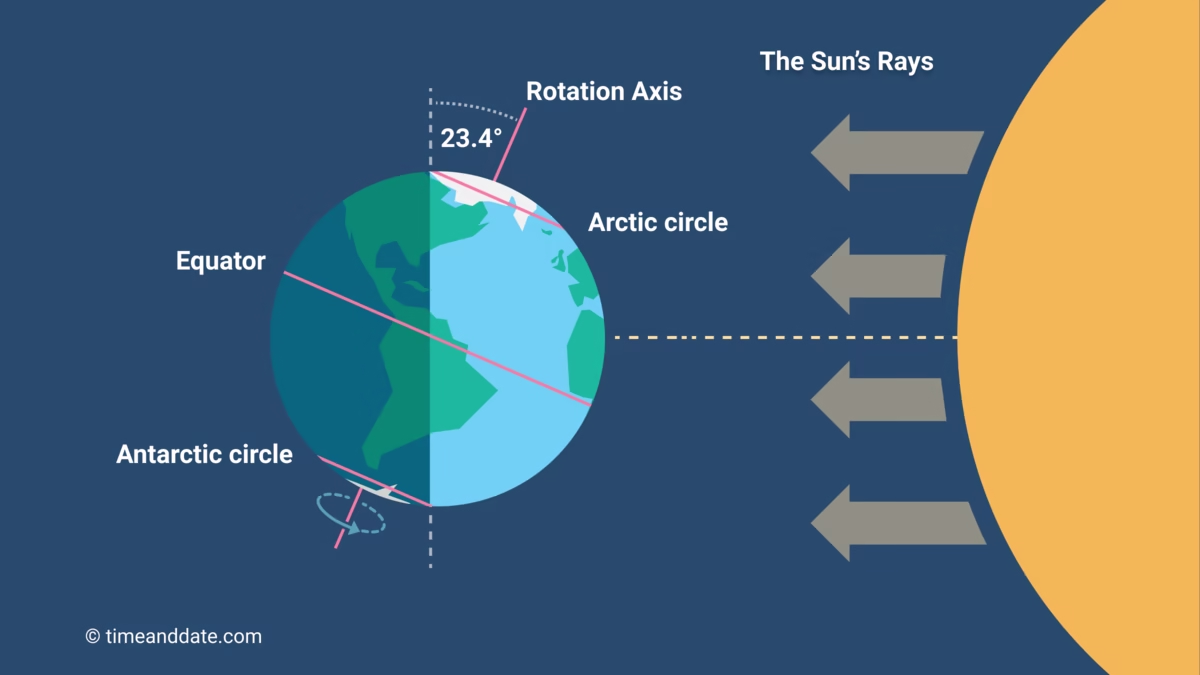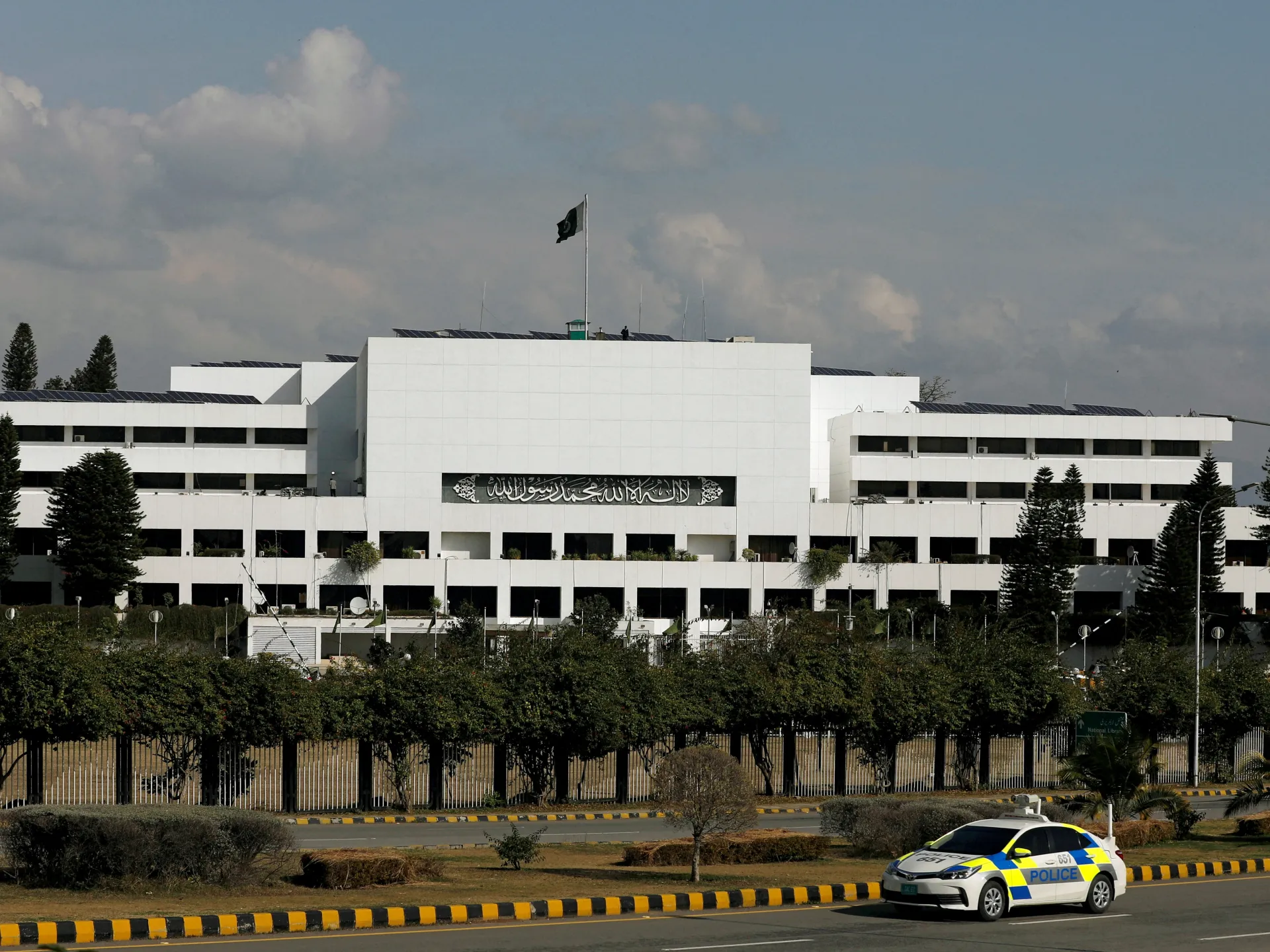Today, June 21, 2025, marks the year’s longest day and shortest night, as confirmed by astronomers.
According to renowned astrophysicist Professor Dr. Muhammad Javed Iqbal, daylight will stretch for 13 hours and 41 minutes, leaving just 10 hours and 19 minutes of night. He explained that starting from July 1, daylight hours will begin to shorten gradually, reaching near parity with nighttime by September 22. This pattern is typical for the Northern Hemisphere, where summer days are generally longer and nights shorter, with June 21 representing the peak of this seasonal shift.
Dr. Iqbal added that these variations occur due to Earth’s axial tilt and its orbit around the Sun. In summer, the Northern Hemisphere tilts toward the Sun, resulting in longer days, while during the winter solstice, the Southern Hemisphere faces the Sun, shortening daylight in northern regions.
Meanwhile, various cities in Pakistan enjoyed pleasant weather. In Karachi, a light morning drizzle cooled the air, with cloudy conditions expected to persist throughout the day along with chances of continued light rainfall.
Lahore experienced overcast skies and refreshing breezes, offering a welcome break from the recent heat. Late-night showers in Islamabad, Rawalpindi, and nearby areas also helped lower temperatures.
The Meteorological Department has predicted rain over the next 24 hours in several regions including Lahore, Sargodha, Faisalabad, Jhang, Sialkot, Narowal, Haripur, Abbottabad, Mansehra, Peshawar, Swabi, and Mardan. Thunderstorms and rainfall are also expected in Kashmir and Gilgit-Baltistan.



